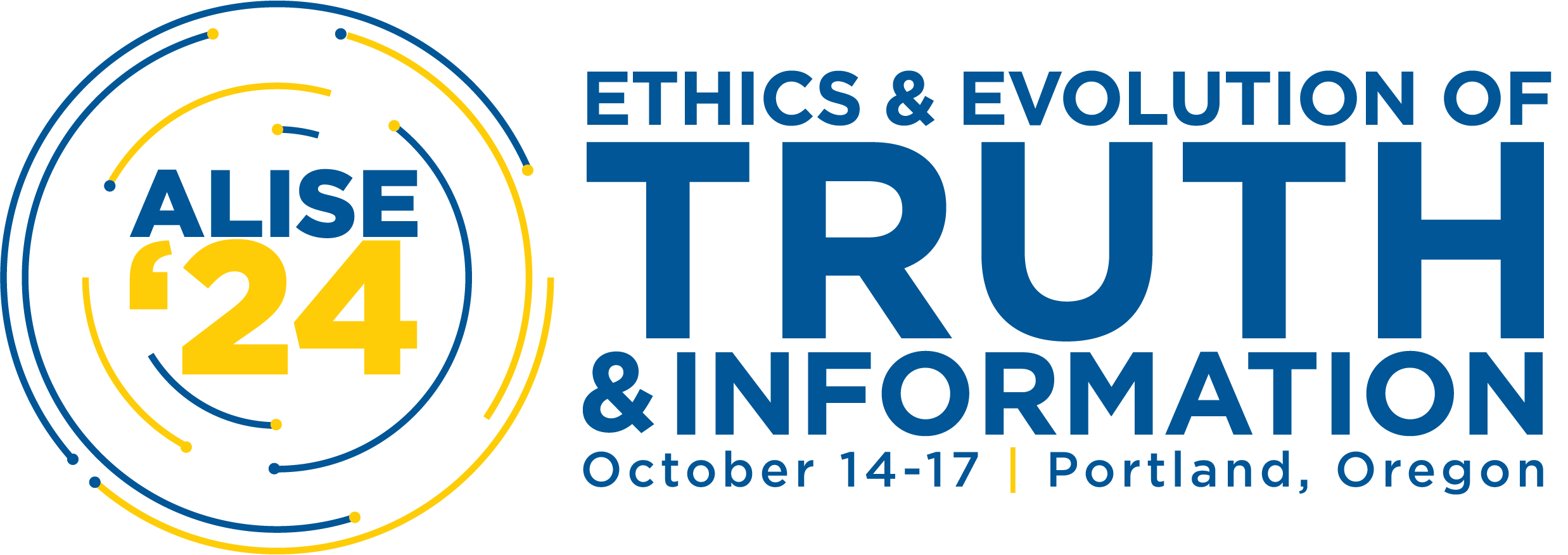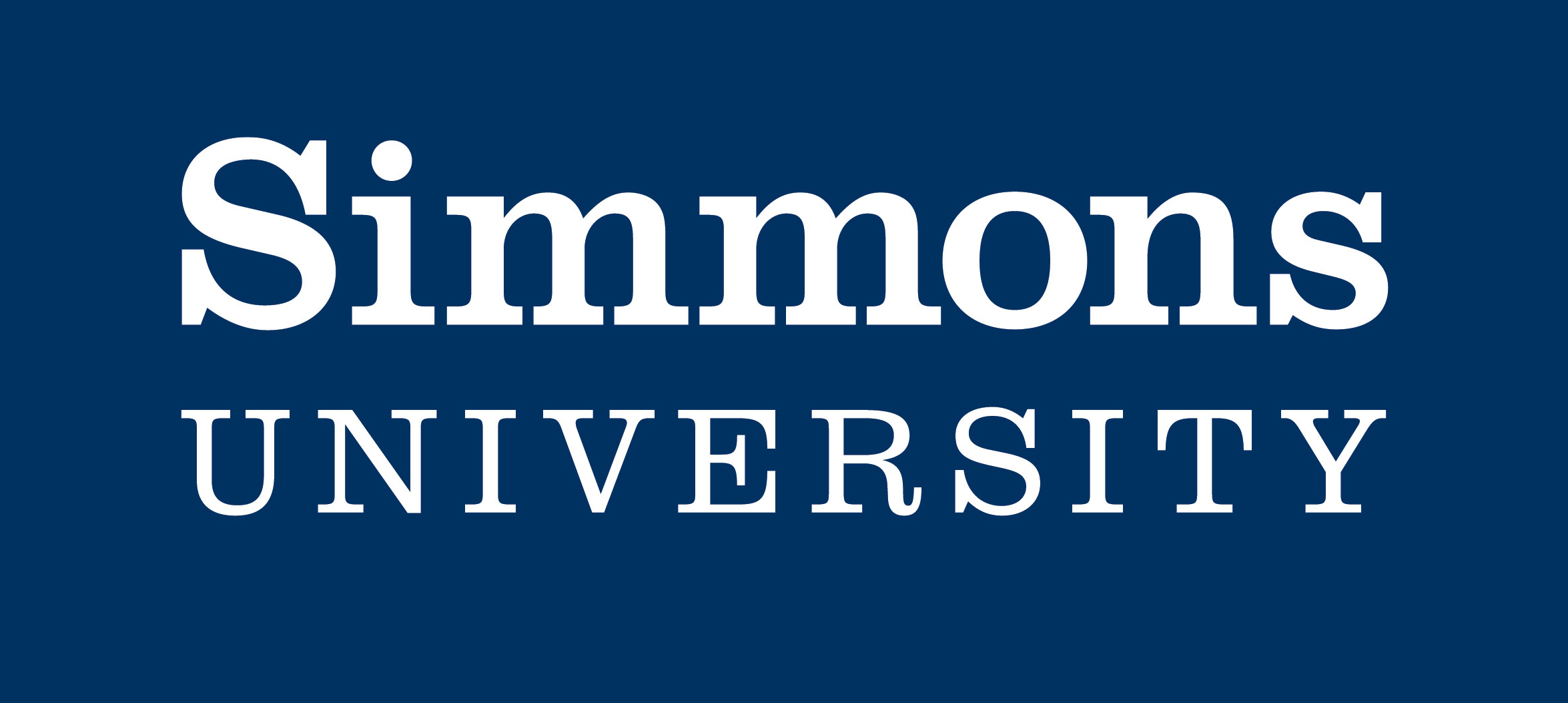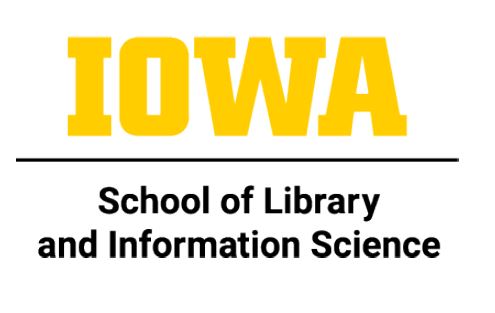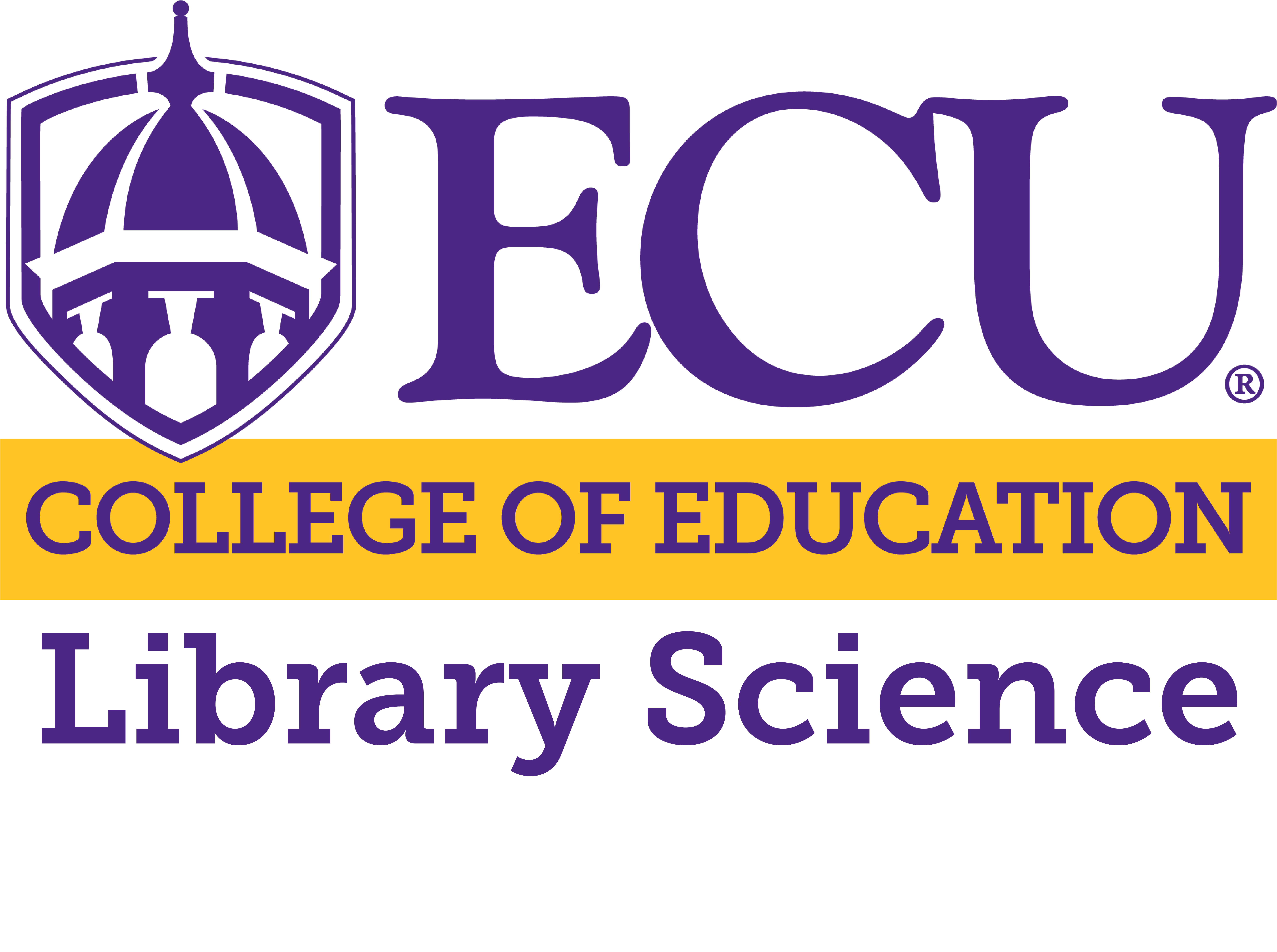
           
ALISE 2024 Annual Conference - Save The Date!
October 14-17, 2024 | Portland, Oregon
This Year's Conference Theme:
The Ethics and Evolution of Truth and Information
The ways in which information is created, disseminated, and altered have changed drastically in recent years. Developments in generative AI tools present new opportunities to question and understand truth. Social media has increasingly become a hub for information and often, a nexus of controversy where versions of truth collide. Lines between real and invented can be perplexing to discern, much like the intentions and authorship of the myriad contributors to societal discourse.
The ALISE 2024 Annual Conference theme is “The Ethics and Evolution of Truth and Information.” With this theme, we ask these questions, and invite more: How do the library and information professions define, interrogate, and uphold notions of truth? How might people and communities be supported or harmed by innovations in information creation and sharing? What are ethical issues raised by rapid adoption of new tools and technologies for creating, remixing, and sharing information?
Indeed, the transition of AI technology from experimental spaces and industry to everyday life presents many ethical quandaries. Stahl and Eke (2024) examine multiple ethical issues concerning natural language processing tool ChatGPT, raising questions to be examined within an ecosystem of AI. How does one utilize ChatGPT responsibly, while maintaining protection over data and intellectual property? What impacts might ChatGPT and other generative AI tools have on digital divides, human rights, and civil rights? Who benefits from AI technologies, and who suffers?
Related topics abound, from AI applied to scholarly research activities to the information and media literacy skills required to make, recognize, and attribute AI-generated content and images. The use of AI chatbots in library reference introduces questions about bias against underrepresented authors and works and the potential loss of nuance and care in information services. As educators, we are wondering how we might prepare LIS students to encounter and utilize AI with ethics, innovation, and care in their professional careers– while working to grasp its opportunities and limitations ourselves. And in teaching and research pursuits, we face the now-familiar but still vexing issues around authorship and academic integrity in an era of generative-AI.
Another persisting and prevalent information ethics subject is the creation and spread of misinformation and disinformation, specifically on social media. This “trend” is seen in areas of large political contention such as the COVID-19 pandemic and election results but can occur in all online spaces (Lor et al., 2021 and Mirhoseini et al., 2023). Related inquiries around truth and information today include the discussion of truth as a human right (Ranalli, 2022) and the ability, or inability, of Internet users to determine the authenticity of information in the form of user-generated content (Banerjee and Chua, 2021).
Papers and panel proposals are invited to raise and examine questions, share and suggest research directions, and foster stimulating conversation about today’s evolving, complex landscape of truth and information.
References
Mirhoseini, M., Early, S., El Shamy, N., & Hassanein, K. (2023). Actively open-minded thinking is key to combating fake news: A multimethod study. Information & Management, 60(3), 103761.https://doi.org/10.1016/j.im.2023.103761
Thank You To Our 2024 Exhibitors and Sponsors!
ALISE Leadership Development Internship Sponsor & First Timer's Event Sponsor

ALISE Leadership Development Internship Sponsor & Council of Deans, Directors, & Chairs Meeting Sponsor

ALISE Leadership Development Internship Sponsor

Plenary Presentation Sponsor

SIG Sponsor

Lanyards Sponsor

Day 3 Break Sponsor
Dominican University
Wellness Session Sponsor
San Jose State University- School of Information
Session Sponsor
East Carolina University Library Science
ALISE/Norman Horrocks Leadership Award Sponsor
Dominican University
Doctoral Student Poster Session Supporter
Dominican University
Syracuse University School of Information Studies
Friends of ALISE
University of Chicago Press
The conference co-chairs thank Anna Luria, University of Iowa SLIS student and Research Assistant, for her work on this year’s Call for Proposals.
2024 Conference Programing Planning Committee Chairs:
- Lenese Colson, Valdosta State University
- Jennifer Steele, The University of Southern Mississippi
- Rebecca Morris, University of Pittsburgh
Board Liaison: Lucy Santos Green, University of Iowa
|